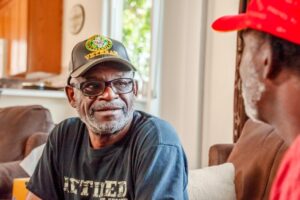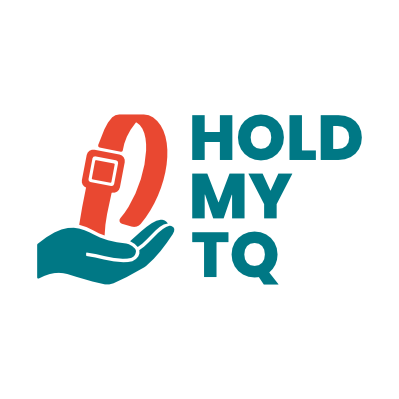You've been TQ'd. Click Here.
Have a Bleed Control Conversation Without Sounding Alarming

The Real Barrier: Awkwardness
The problem isn’t that people don’t care. It’s that the topic feels too grim to bring up. Nobody wants to sound paranoid or dramatic. Yet it’s possible to have this conversation in a calm, neighborly way that builds trust instead of fear.
Lead With Care, Not Fear
Instead of starting with training or injuries, start with community and care. You might say something like:
“Hey, I found this website called Hold My TQ. It encourages communities like ours to be ready for emergencies by just keeping a tourniquet nearby. Would you mind holding one in your garage in case anything ever happens while the kids are outside?”
That line works because it’s human. It’s about shared safety, not worst-case scenarios. It doesn’t ask for a class, a course, or a commitment. Rather, it’s asking for neighbors to be ready.
Small Steps Create Safer Communities
Preparedness doesn’t have to be scary or complicated. The first bleed control conversation can be as simple as one person taking the first step to make sure someone nearby has a tourniquet. A community that can “hold a TQ” for each other is already a stronger, more caring one.
Learn more about simple, neighbor-friendly preparedness on our Learn More page or explore New to TQs if you’re just getting started.
